HSBC 2002 Annual Report Download - page 172
Download and view the complete annual report
Please find page 172 of the 2002 HSBC annual report below. You can navigate through the pages in the report by either clicking on the pages listed below, or by using the keyword search tool below to find specific information within the annual report.-
 1
1 -
 2
2 -
 3
3 -
 4
4 -
 5
5 -
 6
6 -
 7
7 -
 8
8 -
 9
9 -
 10
10 -
 11
11 -
 12
12 -
 13
13 -
 14
14 -
 15
15 -
 16
16 -
 17
17 -
 18
18 -
 19
19 -
 20
20 -
 21
21 -
 22
22 -
 23
23 -
 24
24 -
 25
25 -
 26
26 -
 27
27 -
 28
28 -
 29
29 -
 30
30 -
 31
31 -
 32
32 -
 33
33 -
 34
34 -
 35
35 -
 36
36 -
 37
37 -
 38
38 -
 39
39 -
 40
40 -
 41
41 -
 42
42 -
 43
43 -
 44
44 -
 45
45 -
 46
46 -
 47
47 -
 48
48 -
 49
49 -
 50
50 -
 51
51 -
 52
52 -
 53
53 -
 54
54 -
 55
55 -
 56
56 -
 57
57 -
 58
58 -
 59
59 -
 60
60 -
 61
61 -
 62
62 -
 63
63 -
 64
64 -
 65
65 -
 66
66 -
 67
67 -
 68
68 -
 69
69 -
 70
70 -
 71
71 -
 72
72 -
 73
73 -
 74
74 -
 75
75 -
 76
76 -
 77
77 -
 78
78 -
 79
79 -
 80
80 -
 81
81 -
 82
82 -
 83
83 -
 84
84 -
 85
85 -
 86
86 -
 87
87 -
 88
88 -
 89
89 -
 90
90 -
 91
91 -
 92
92 -
 93
93 -
 94
94 -
 95
95 -
 96
96 -
 97
97 -
 98
98 -
 99
99 -
 100
100 -
 101
101 -
 102
102 -
 103
103 -
 104
104 -
 105
105 -
 106
106 -
 107
107 -
 108
108 -
 109
109 -
 110
110 -
 111
111 -
 112
112 -
 113
113 -
 114
114 -
 115
115 -
 116
116 -
 117
117 -
 118
118 -
 119
119 -
 120
120 -
 121
121 -
 122
122 -
 123
123 -
 124
124 -
 125
125 -
 126
126 -
 127
127 -
 128
128 -
 129
129 -
 130
130 -
 131
131 -
 132
132 -
 133
133 -
 134
134 -
 135
135 -
 136
136 -
 137
137 -
 138
138 -
 139
139 -
 140
140 -
 141
141 -
 142
142 -
 143
143 -
 144
144 -
 145
145 -
 146
146 -
 147
147 -
 148
148 -
 149
149 -
 150
150 -
 151
151 -
 152
152 -
 153
153 -
 154
154 -
 155
155 -
 156
156 -
 157
157 -
 158
158 -
 159
159 -
 160
160 -
 161
161 -
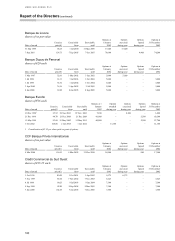 162
162 -
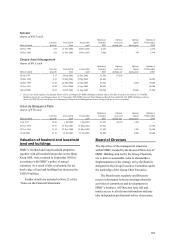 163
163 -
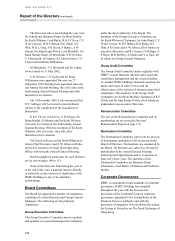 164
164 -
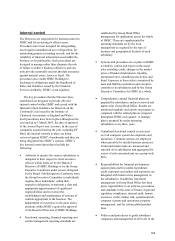 165
165 -
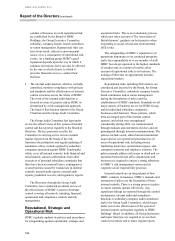 166
166 -
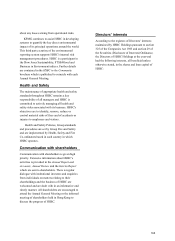 167
167 -
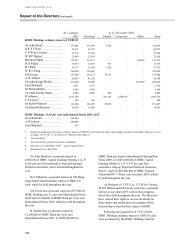 168
168 -
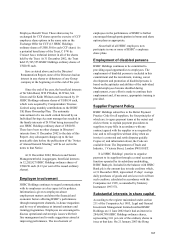 169
169 -
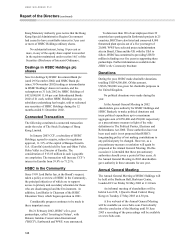 170
170 -
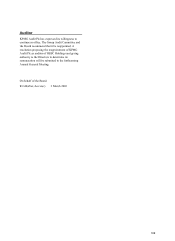 171
171 -
 172
172 -
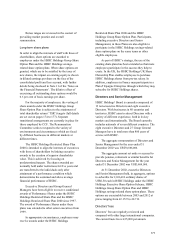 173
173 -
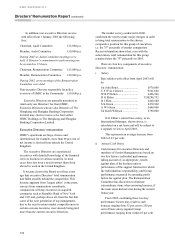 174
174 -
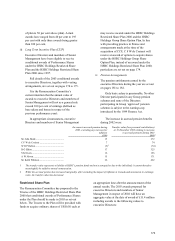 175
175 -
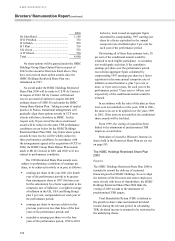 176
176 -
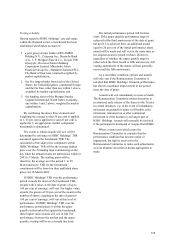 177
177 -
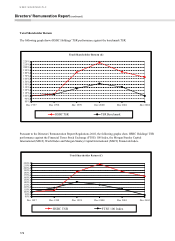 178
178 -
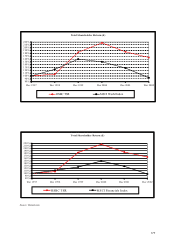 179
179 -
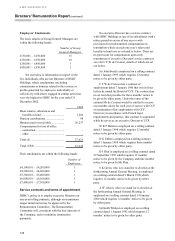 180
180 -
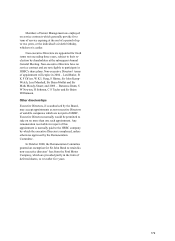 181
181 -
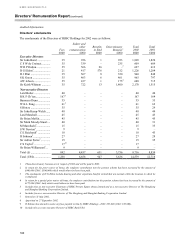 182
182 -
 183
183 -
 184
184 -
 185
185 -
 186
186 -
 187
187 -
 188
188 -
 189
189 -
 190
190 -
 191
191 -
 192
192 -
 193
193 -
 194
194 -
 195
195 -
 196
196 -
 197
197 -
 198
198 -
 199
199 -
 200
200 -
 201
201 -
 202
202 -
 203
203 -
 204
204 -
 205
205 -
 206
206 -
 207
207 -
 208
208 -
 209
209 -
 210
210 -
 211
211 -
 212
212 -
 213
213 -
 214
214 -
 215
215 -
 216
216 -
 217
217 -
 218
218 -
 219
219 -
 220
220 -
 221
221 -
 222
222 -
 223
223 -
 224
224 -
 225
225 -
 226
226 -
 227
227 -
 228
228 -
 229
229 -
 230
230 -
 231
231 -
 232
232 -
 233
233 -
 234
234 -
 235
235 -
 236
236 -
 237
237 -
 238
238 -
 239
239 -
 240
240 -
 241
241 -
 242
242 -
 243
243 -
 244
244 -
 245
245 -
 246
246 -
 247
247 -
 248
248 -
 249
249 -
 250
250 -
 251
251 -
 252
252 -
 253
253 -
 254
254 -
 255
255 -
 256
256 -
 257
257 -
 258
258 -
 259
259 -
 260
260 -
 261
261 -
 262
262 -
 263
263 -
 264
264 -
 265
265 -
 266
266 -
 267
267 -
 268
268 -
 269
269 -
 270
270 -
 271
271 -
 272
272 -
 273
273 -
 274
274 -
 275
275 -
 276
276 -
 277
277 -
 278
278 -
 279
279 -
 280
280 -
 281
281 -
 282
282 -
 283
283 -
 284
284 -
 285
285 -
 286
286 -
 287
287 -
 288
288 -
 289
289 -
 290
290 -
 291
291 -
 292
292 -
 293
293 -
 294
294 -
 295
295 -
 296
296 -
 297
297 -
 298
298 -
 299
299 -
 300
300 -
 301
301 -
 302
302 -
 303
303 -
 304
304 -
 305
305 -
 306
306 -
 307
307 -
 308
308 -
 309
309 -
 310
310 -
 311
311 -
 312
312 -
 313
313 -
 314
314 -
 315
315 -
 316
316 -
 317
317 -
 318
318 -
 319
319 -
 320
320 -
 321
321 -
 322
322 -
 323
323 -
 324
324 -
 325
325 -
 326
326 -
 327
327 -
 328
328 -
 329
329
 |
 |

HSBC HOLDINGS PLC
Directors' Remuneration Report
170
Remuneration Committee
The Remuneration Committee meets regularly to
consider human resource issues, particularly terms
and conditions of employment, remuneration,
retirement benefits, development of high potential
employees and key succession planning. During
2002, the members of the Remuneration
Committee were W K L Fung, Sir John Kemp-
Welch, Lord Marshall and Sir Mark Moody-Stuart,
all of whom were independent non-executive
Directors. Sir Mark Moody-Stuart succeeded Lord
Marshall, who retired as a member of the
Committee, as Chairman of the Committee on 1
January 2003.
The Remuneration Committee retains the
services of Towers Perrin, a specialist
remuneration consulting firm, who provide advice
on executive pay issues. The Remuneration
Committee also receives advice from the Group
General Manager, Group Human Resources and
the Senior Executive, Group Reward Management.
Towers Perrin also provide other remuneration,
actuarial and retirement consulting services to
various parts of the HSBC Group. Other
consultants are used from time to time to validate
their findings.
Policy
In common with most businesses, HSBC’ s
performance depends on the quality and
commitment of its people. Accordingly, the
Board’ s stated strategy is to attract, retain and
motivate the very best people.
In a business that is based on trust and
relationships, HSBC’ s broad policy is to look for
people who want to make a long-term career with
the organisation because trust and relationships are
built over time.
Remuneration is an important component in
people’ s decisions on which company to join, but it
is not the only one; it is HSBC’ s experience that
people are attracted to an organisation with good
values, fairness, the potential for success and the
scope to develop a broad, interesting career.
Within the authority delegated by the Board
of Directors, the Remuneration Committee is
responsible for determining the remuneration
policy of HSBC including the terms of bonus
plans, share option plans and other long-term
incentive plans, and for agreeing the individual
remuneration packages of executive Directors and
other senior Group employees. No Directors are
involved in deciding their own remuneration.
The Remuneration Committee applies the
following key principles:
• to pay against a market of comparative
organisations
• to offer fair and realistic salaries with an
important element of variable pay based on
relative performance
• to have as many top-performers as possible at
all levels within HSBC participating in some
form of long-term share plan
• since 1996, to follow a policy of moving
progressively from defined benefit to defined
contribution Group pension schemes for new
employees only.
Basic salary and benefits
Salaries are reviewed annually in the context of
individual and business performance, market
practice, internal relativities and competitive
market pressures. Allowances and benefits are
largely determined by local market practice.
Annual performance-related payments
The level of performance-related variable pay
depends upon the performance of HSBC Holdings,
constituent businesses and the individual
concerned. Key measures of success include
achievement of financial goals, concerning both
revenue generation and expense control; customer
relationships; full utilisation of professional skills;
and adherence to HSBC’ s ethical standards. HSBC
has a long history of paying close attention to its
customers in order to provide value for
shareholders. This has been achieved by ensuring
that the interests of HSBC and its staff are aligned
with those of its shareholders and that HSBC’ s
approach to risk management serves the interests
of all. Closer alignment with the interests of
shareholders continues to be achieved through the
promotion and extension of employee participation
in the existing share plans.
